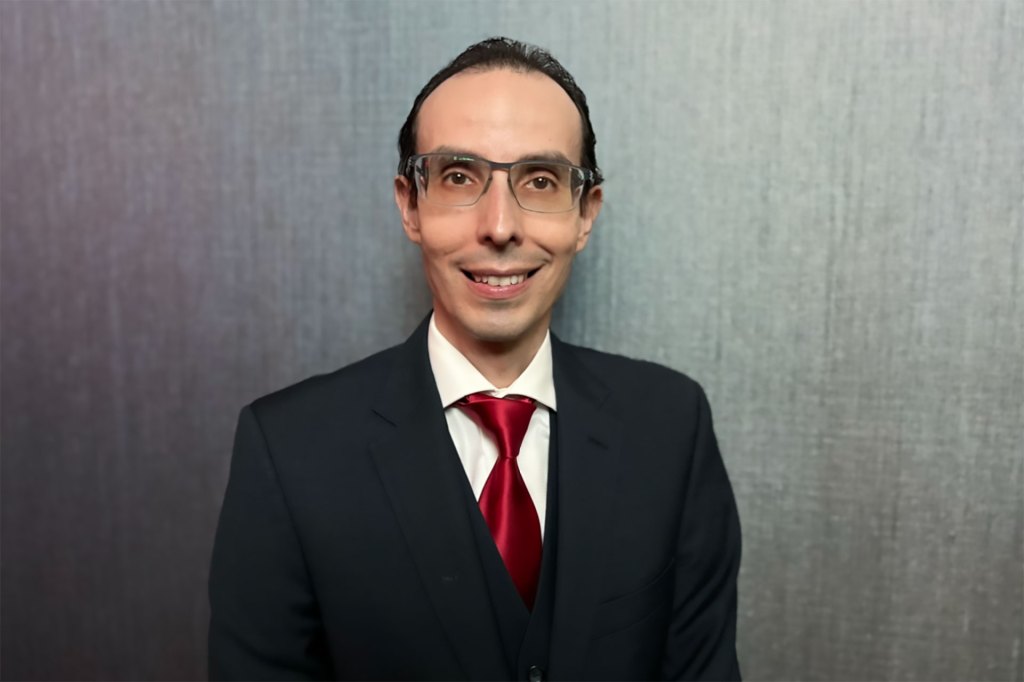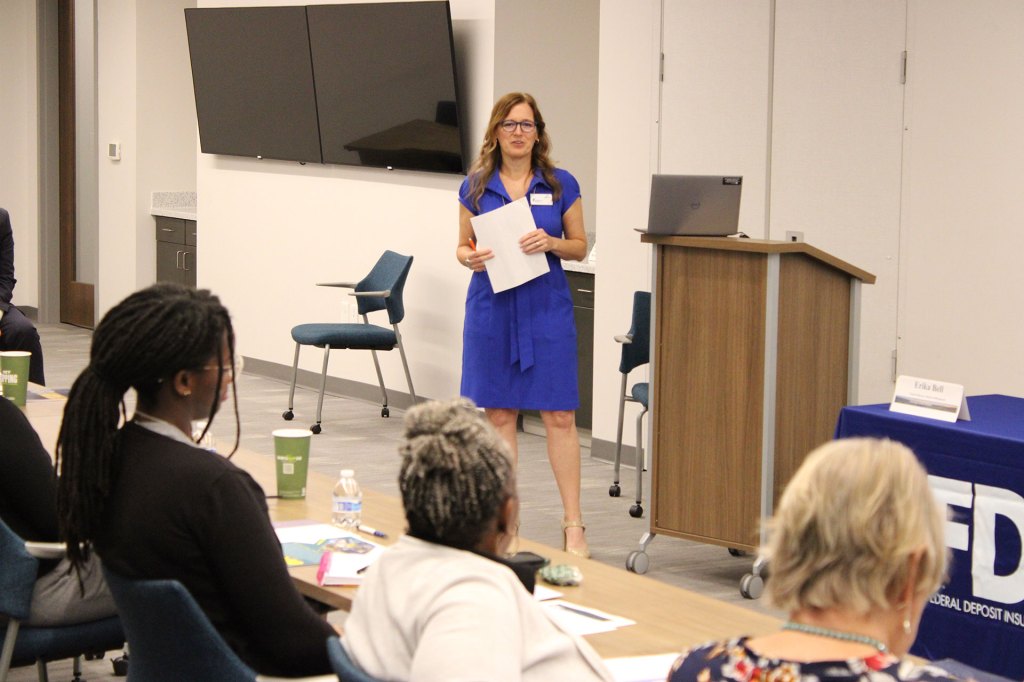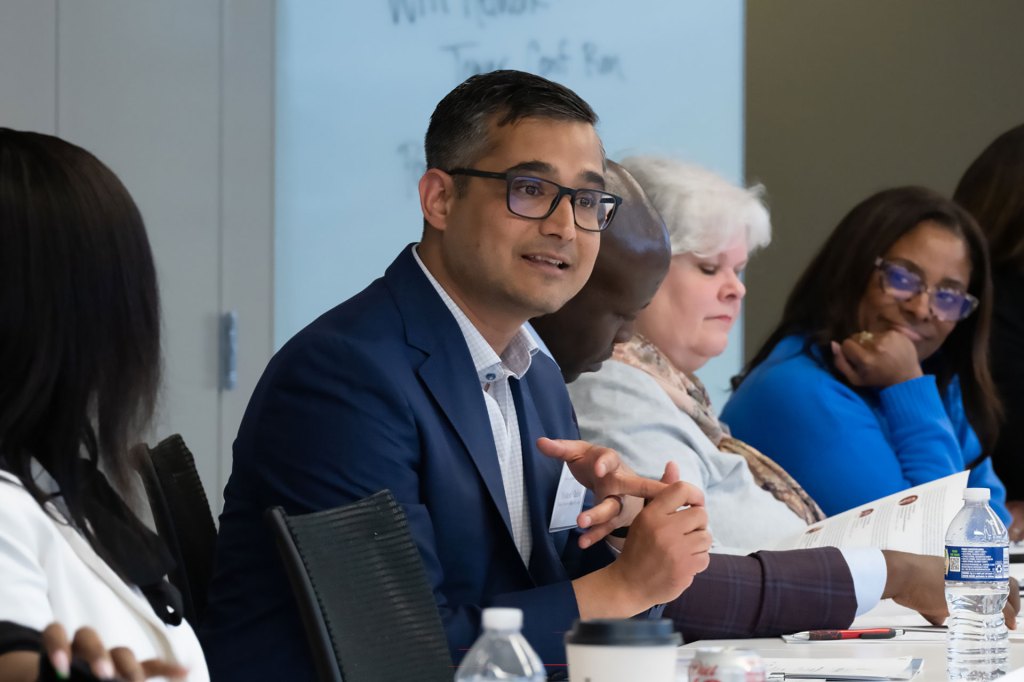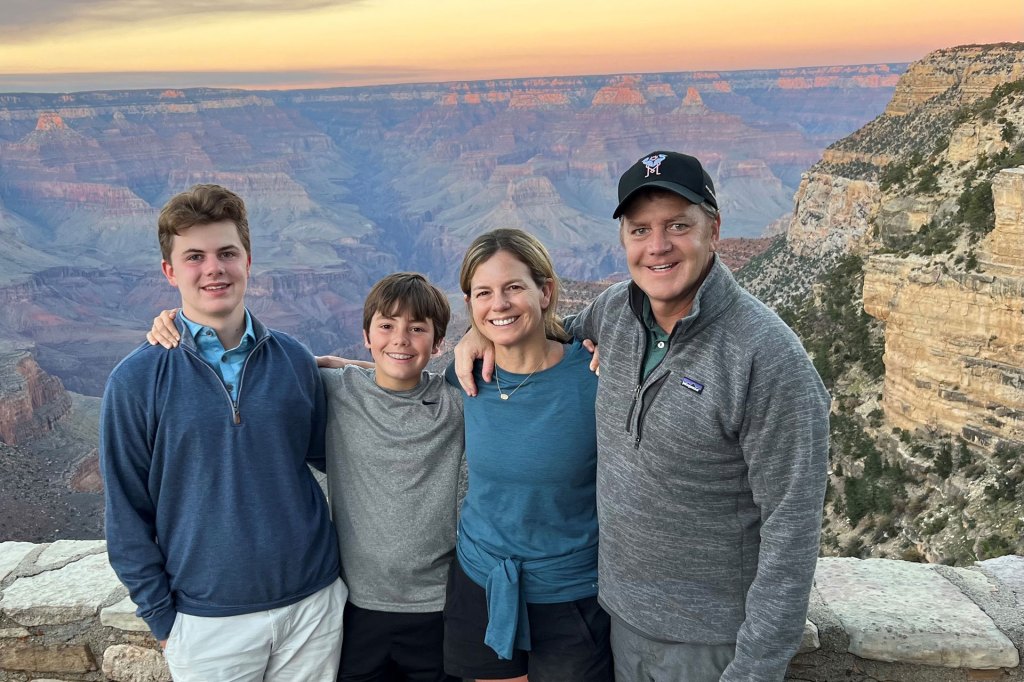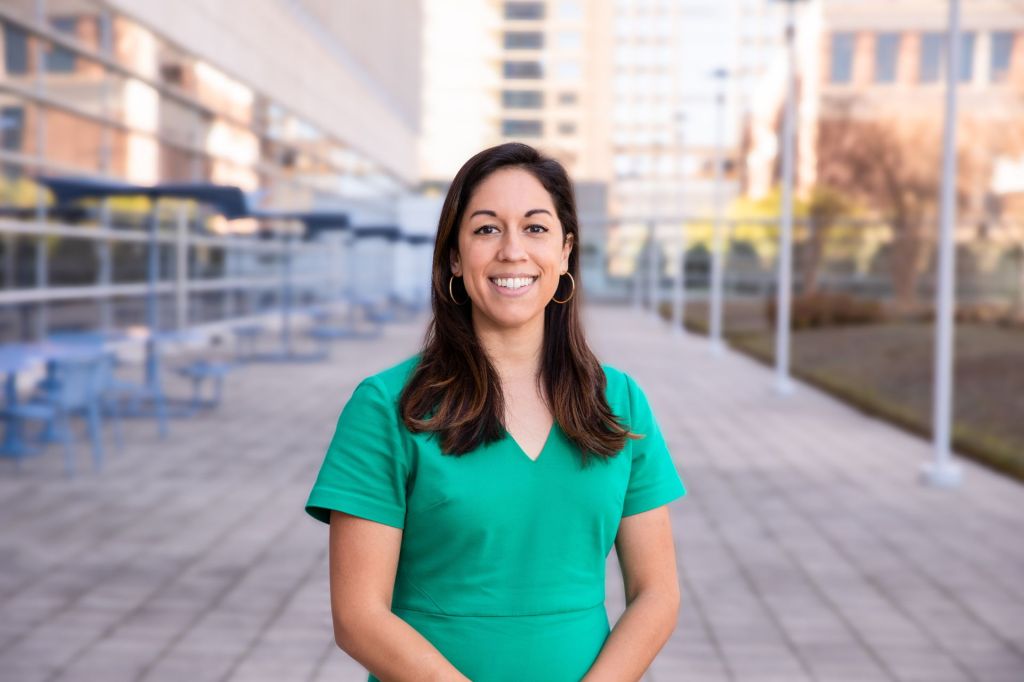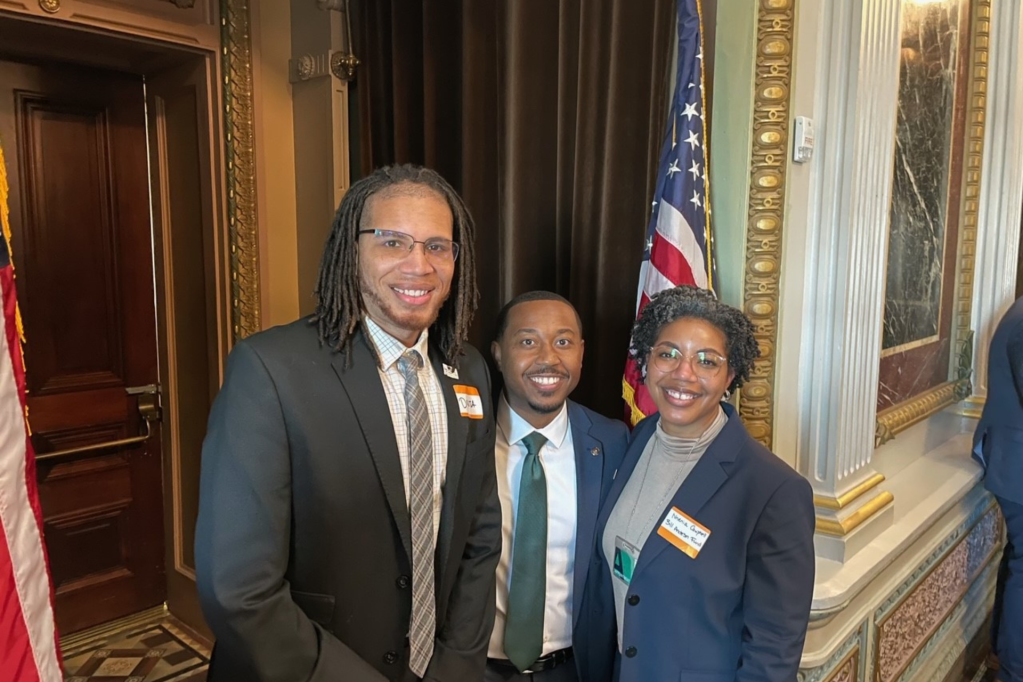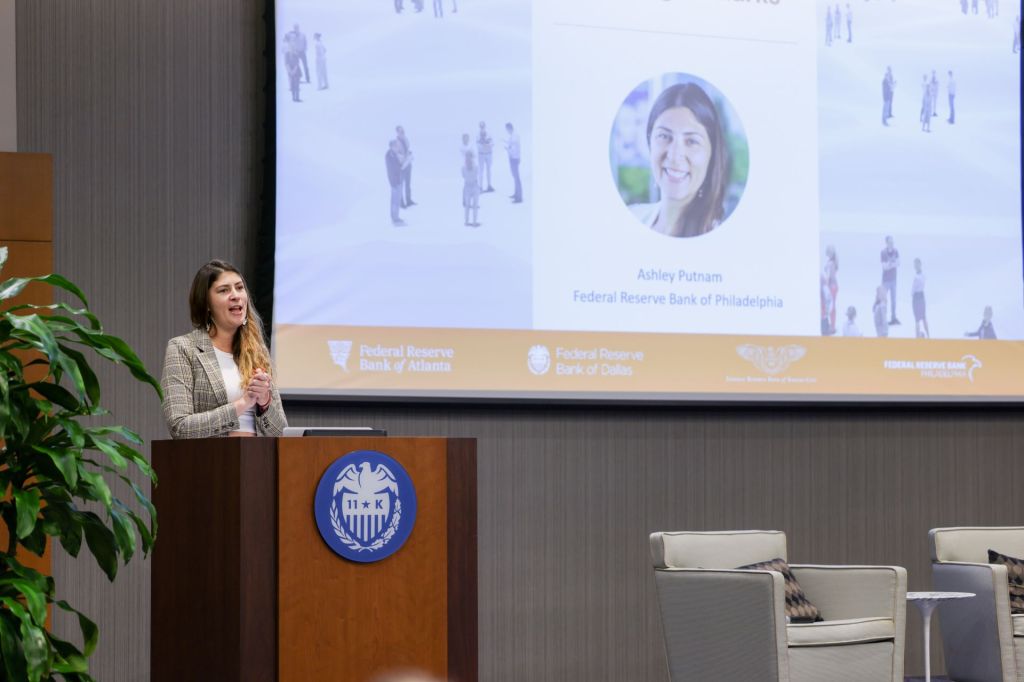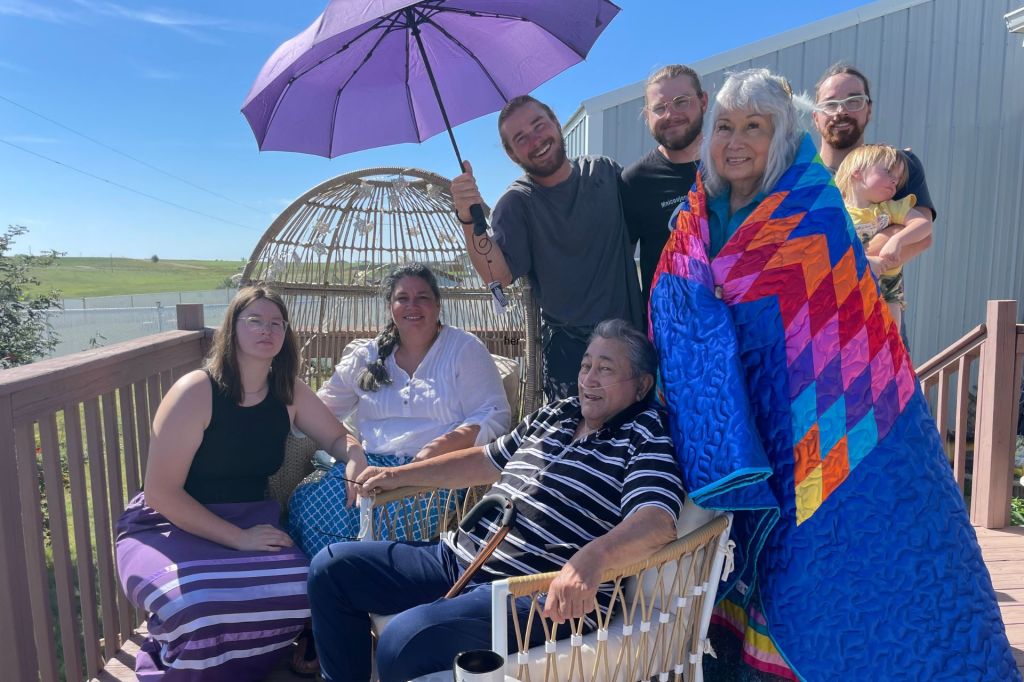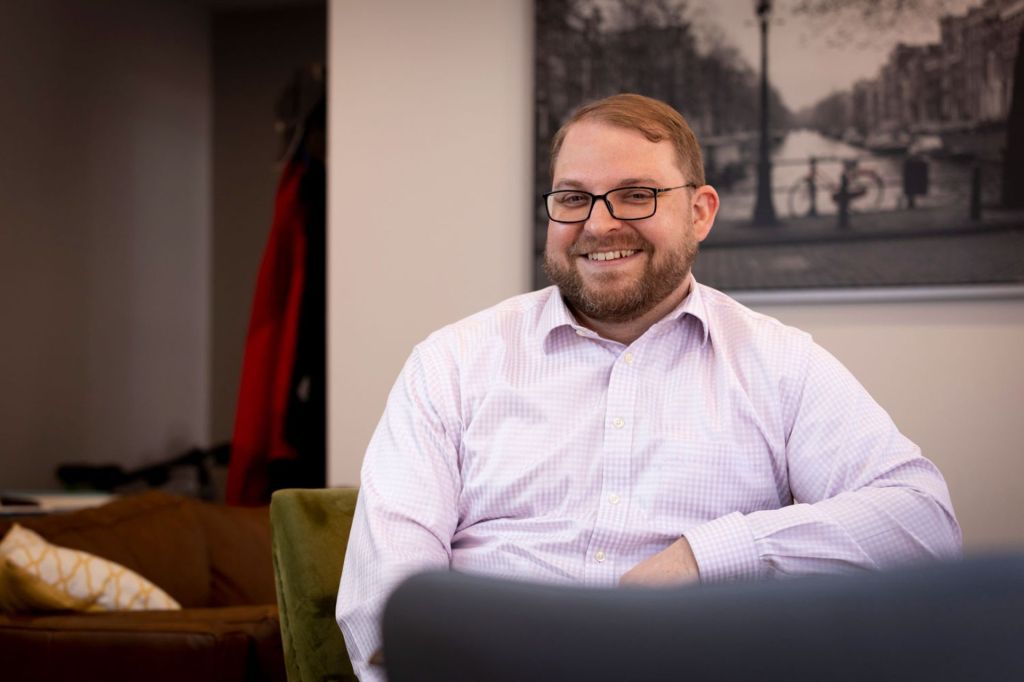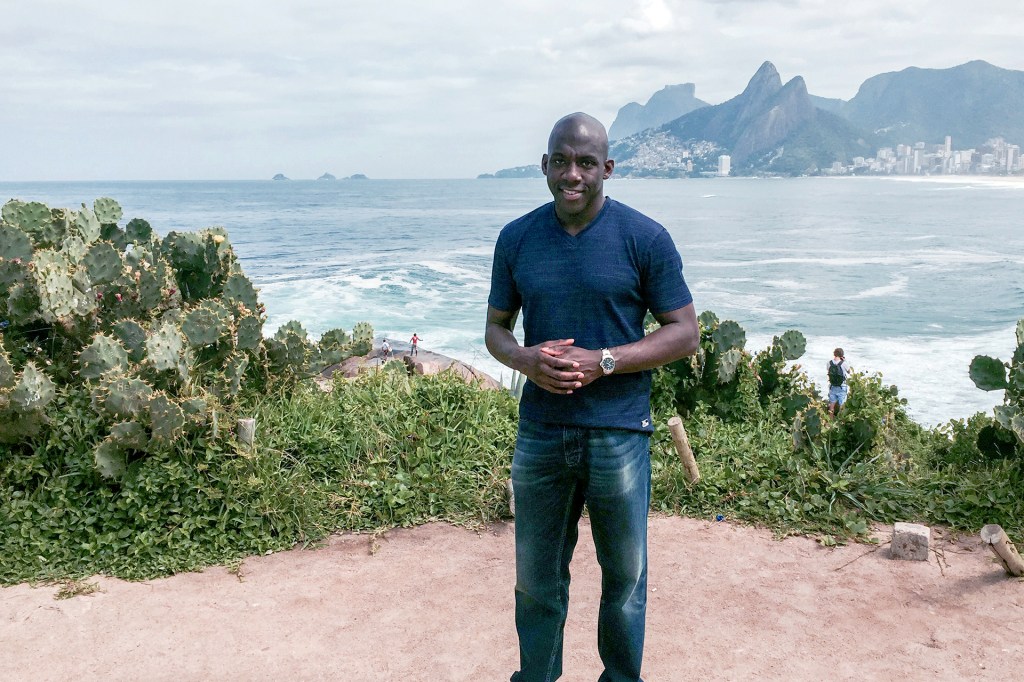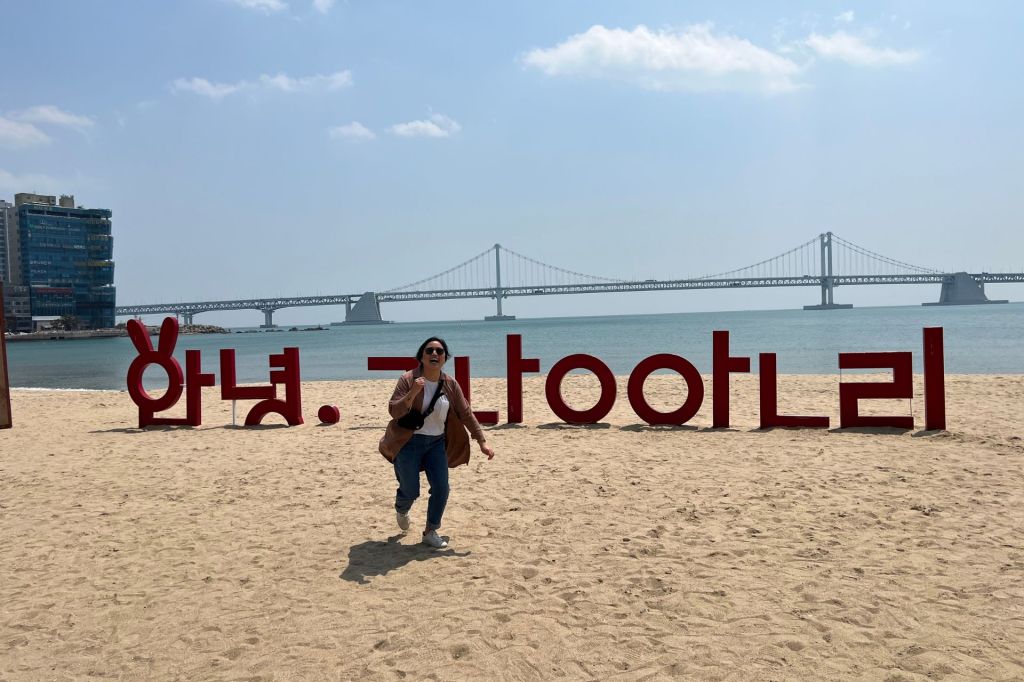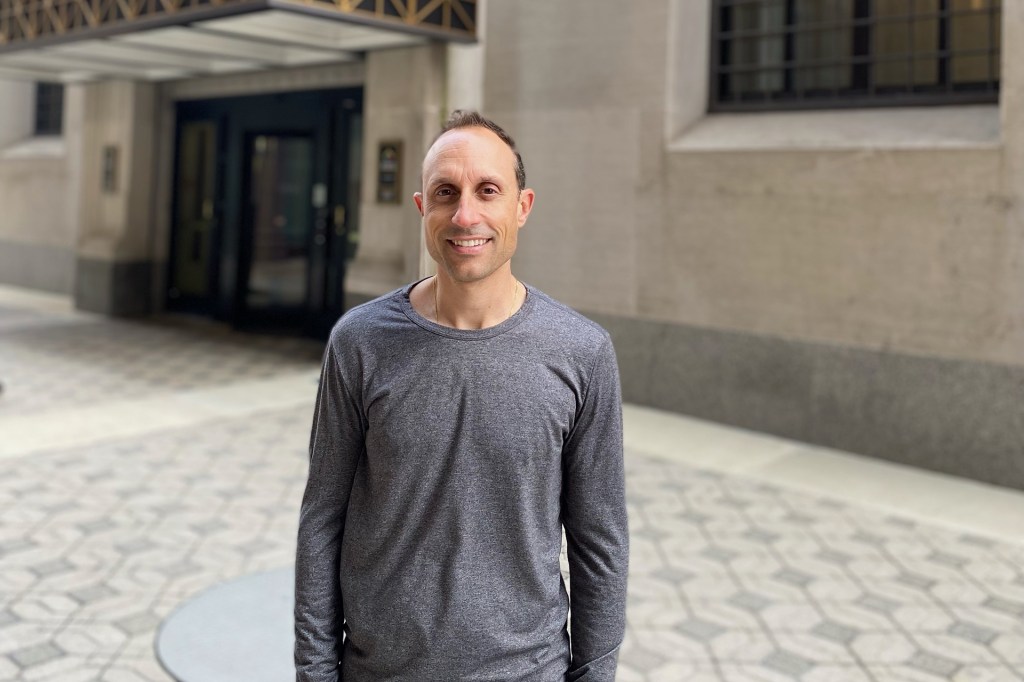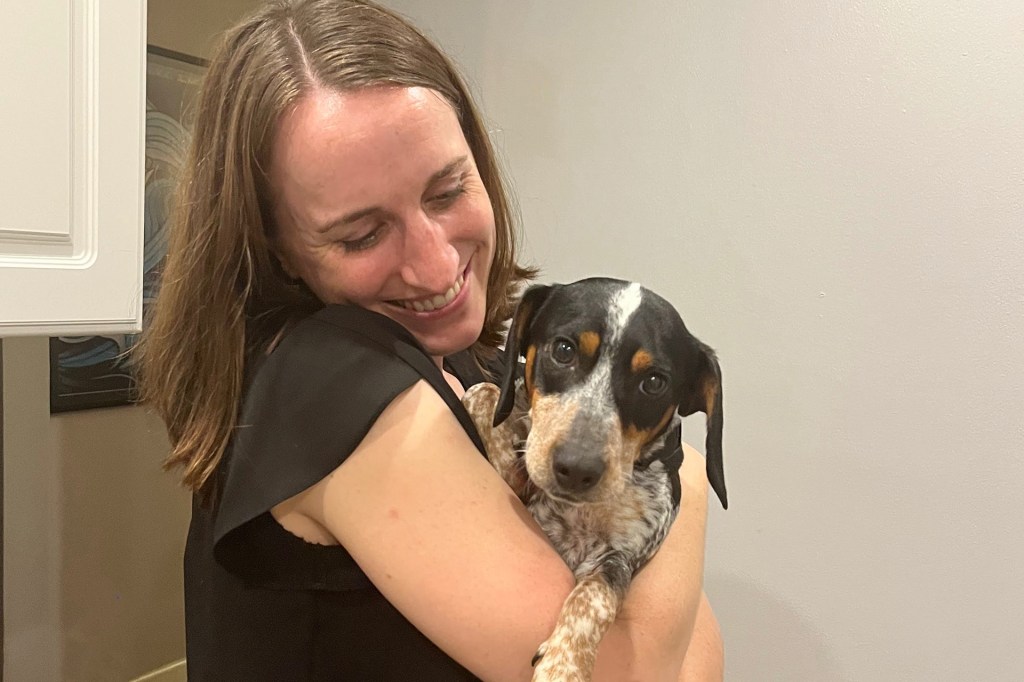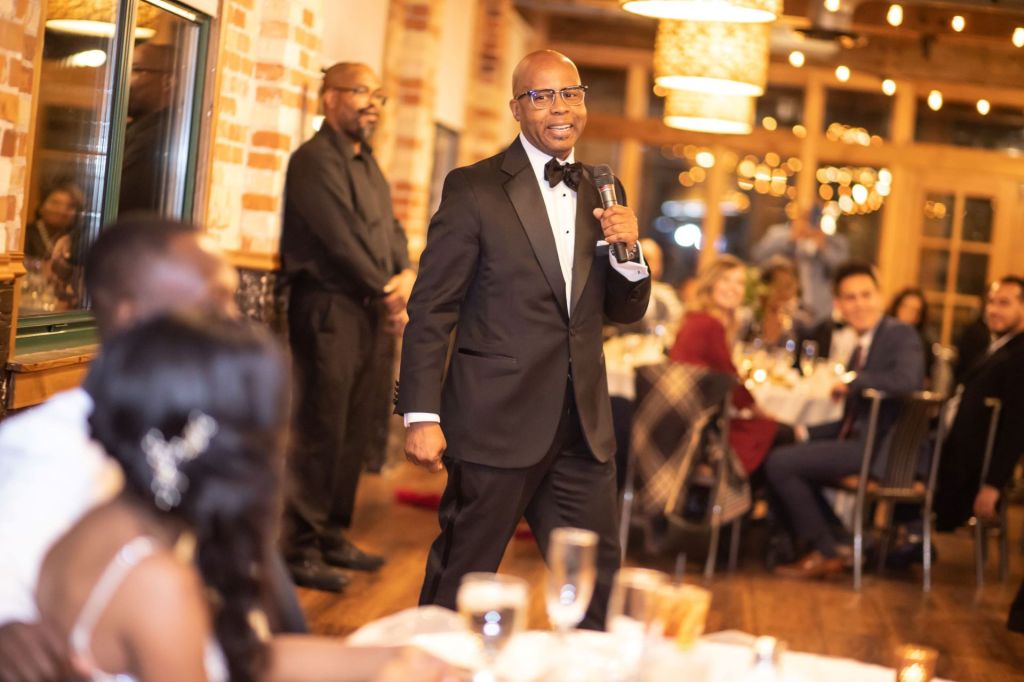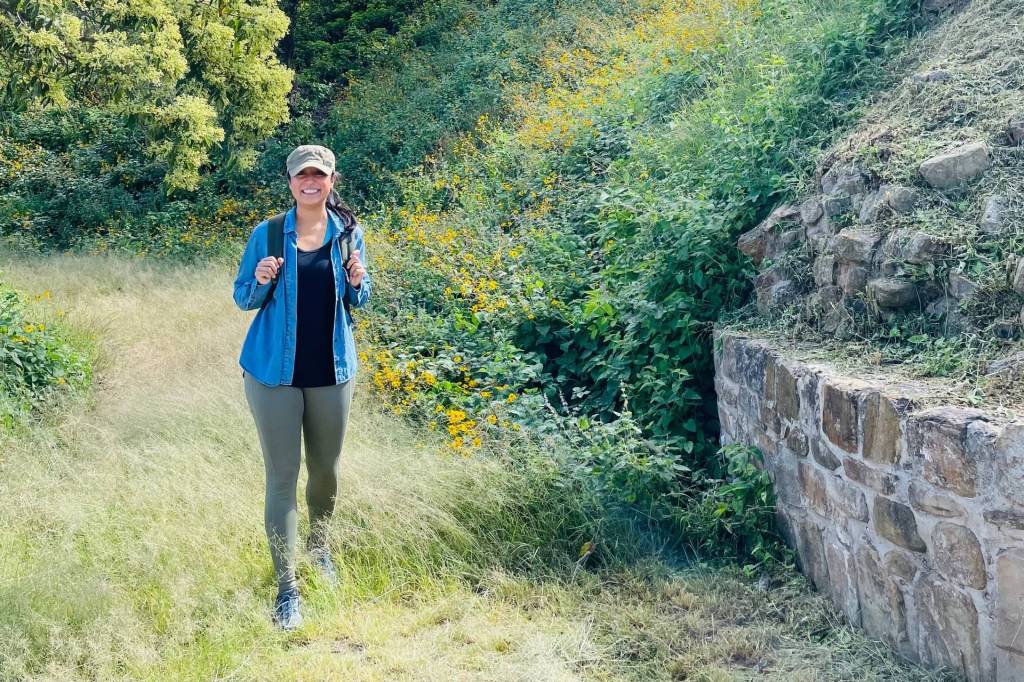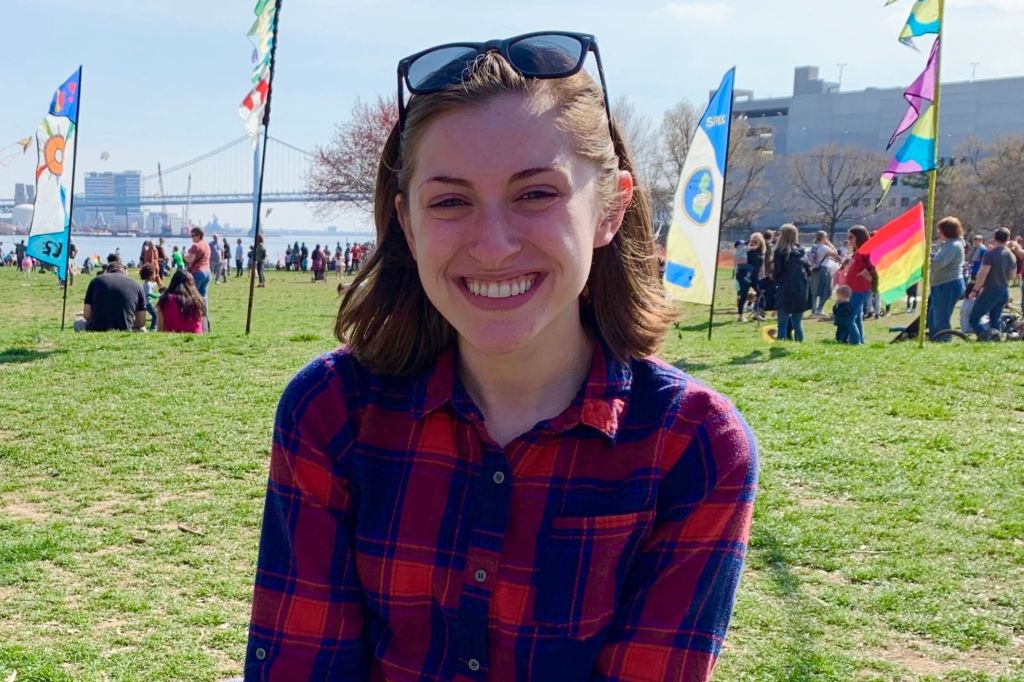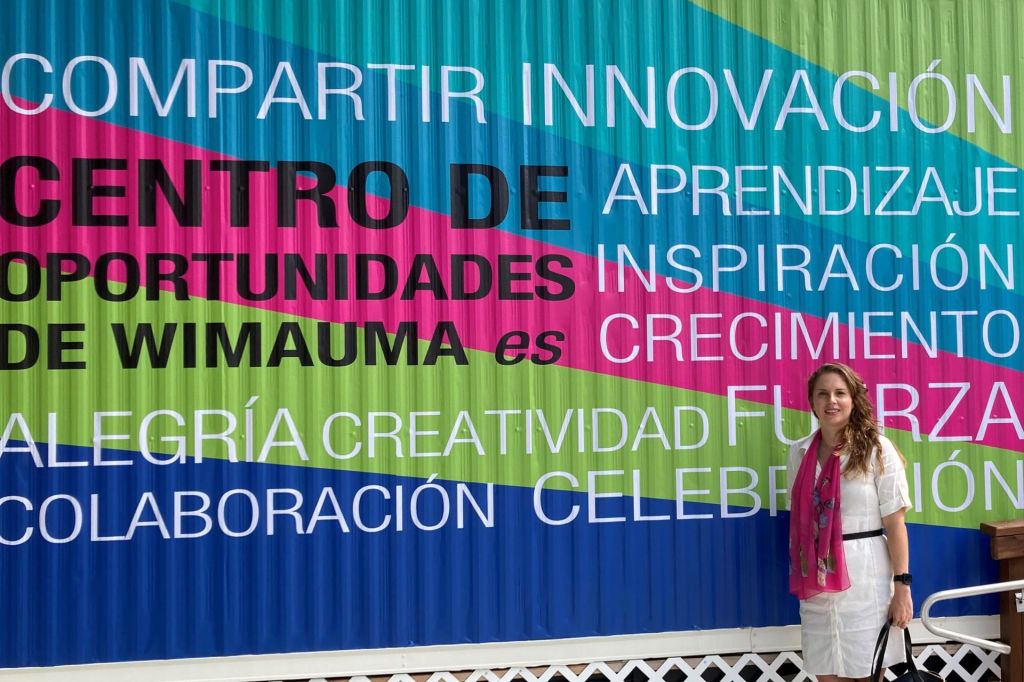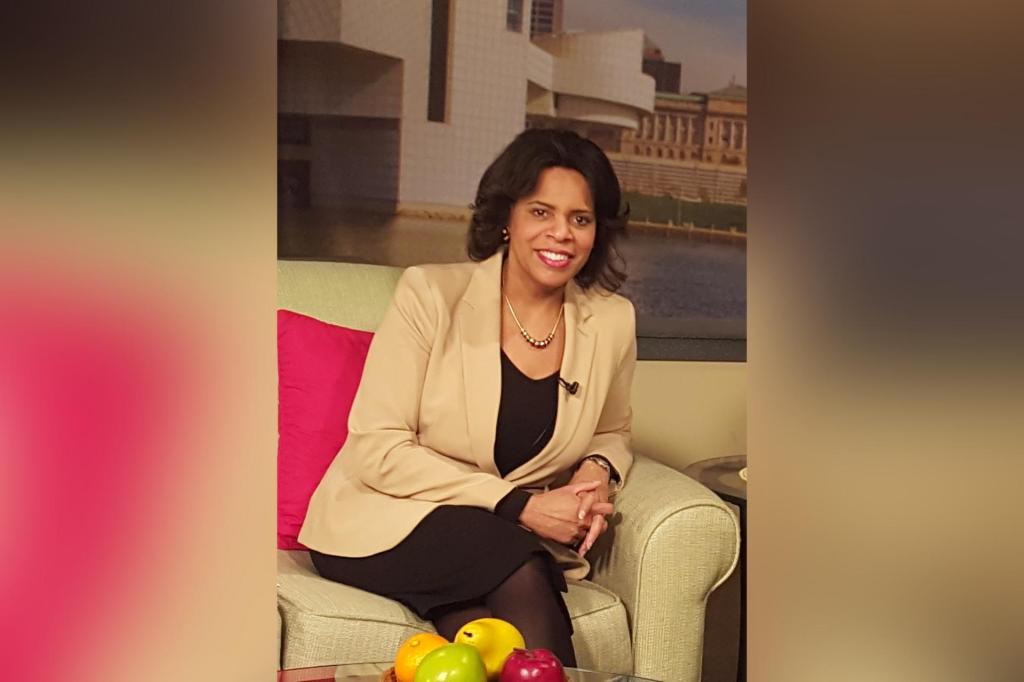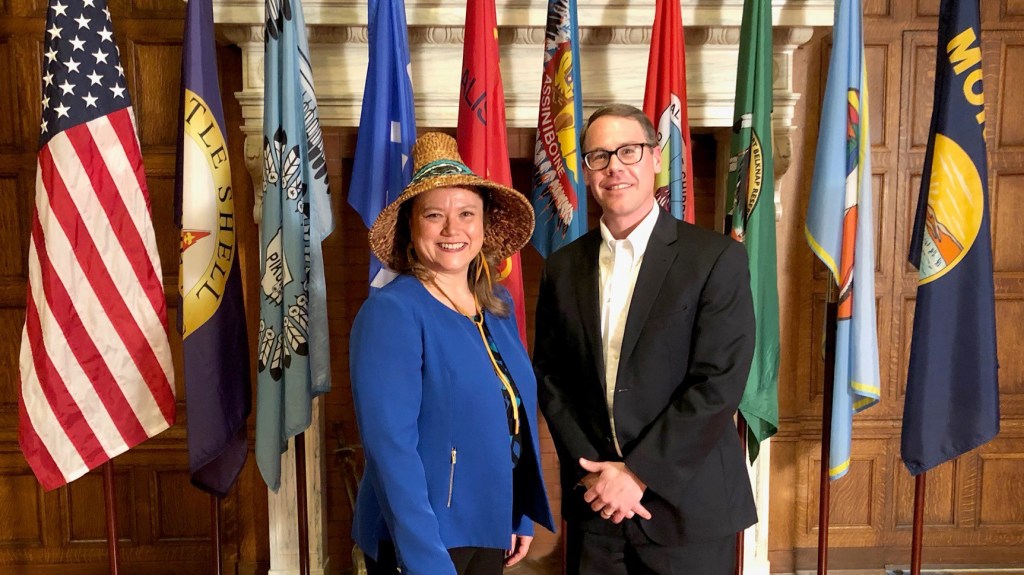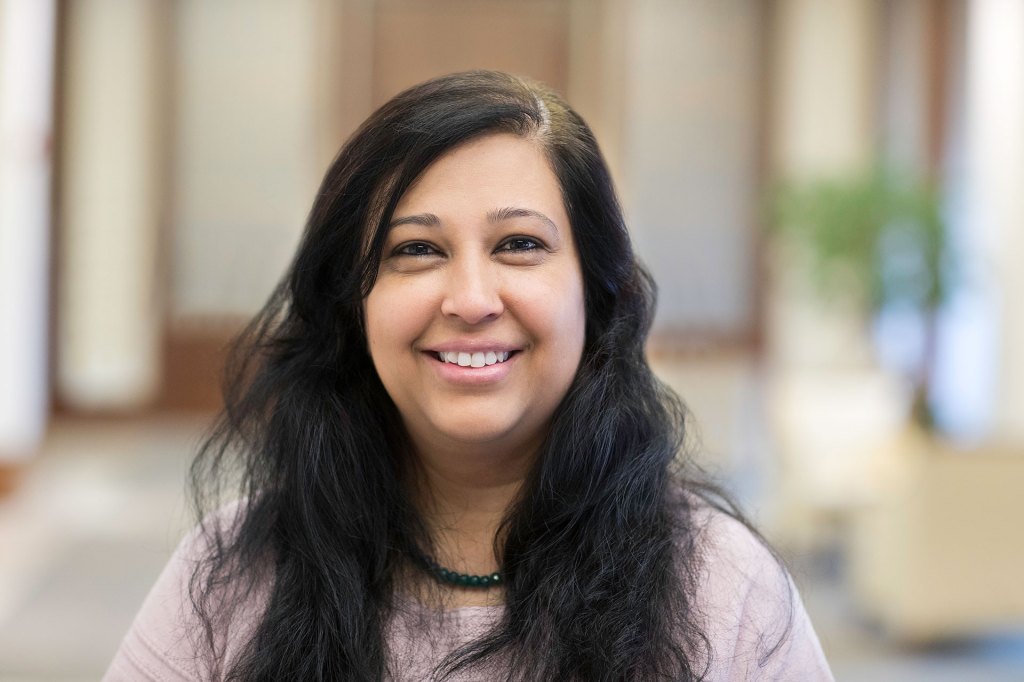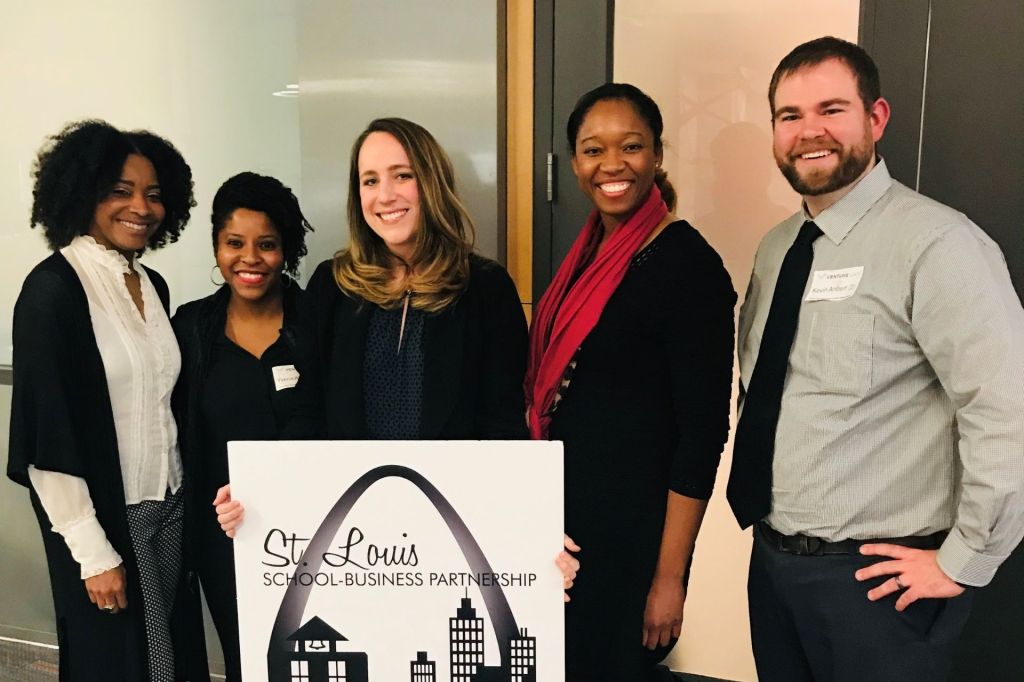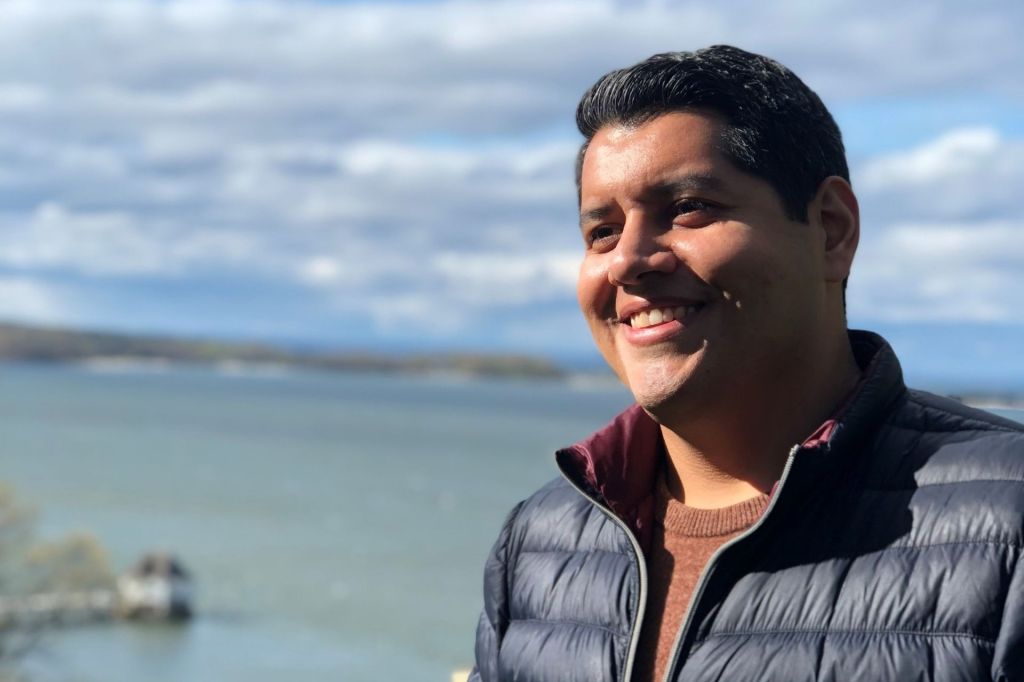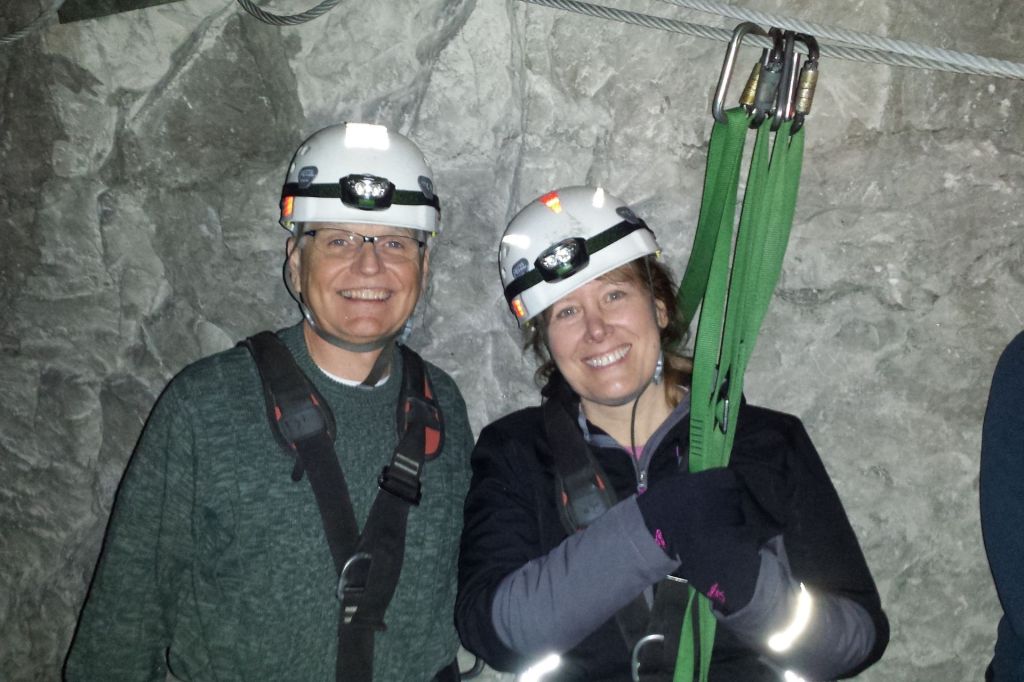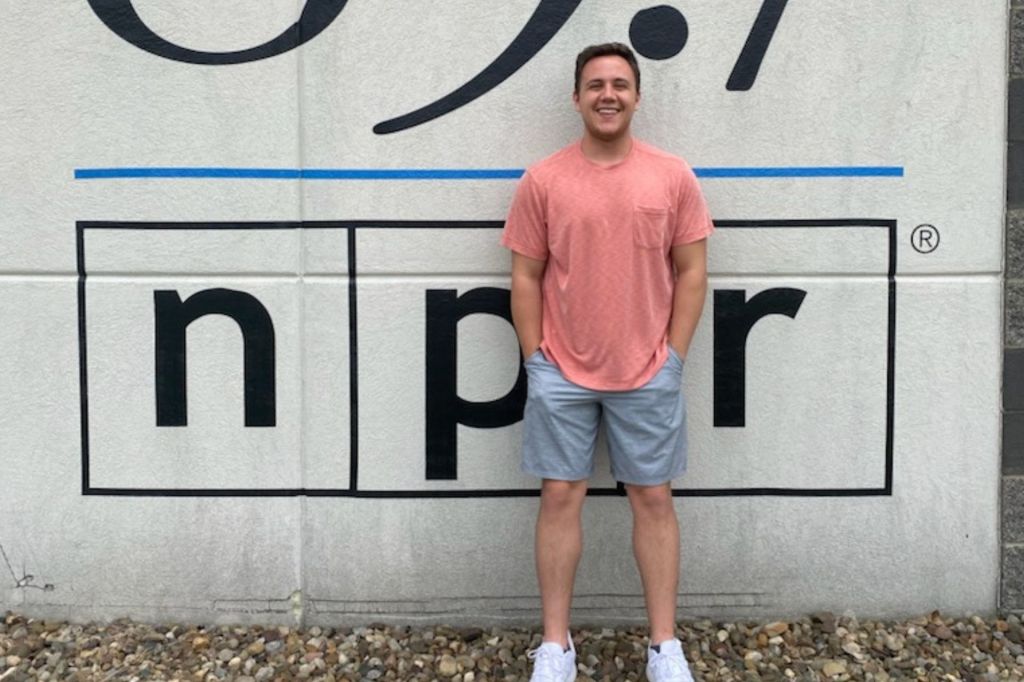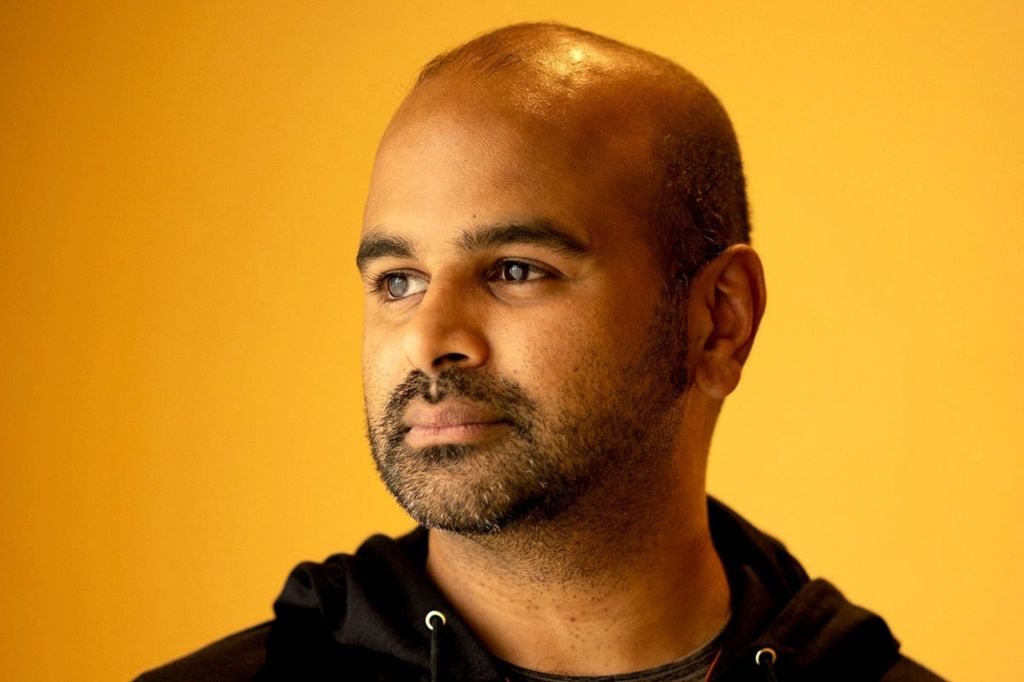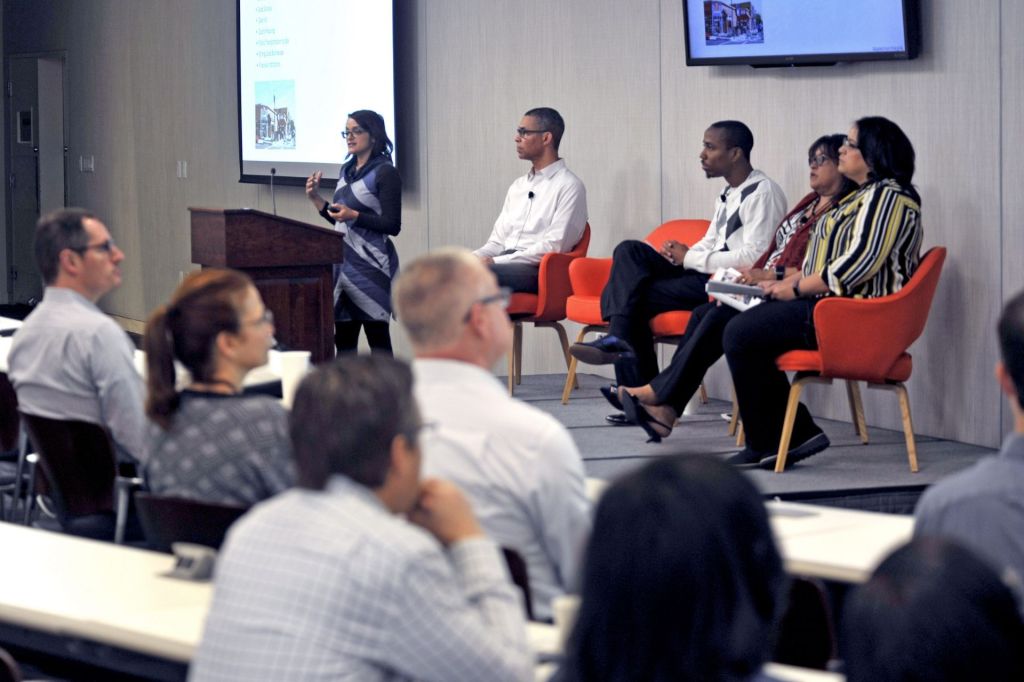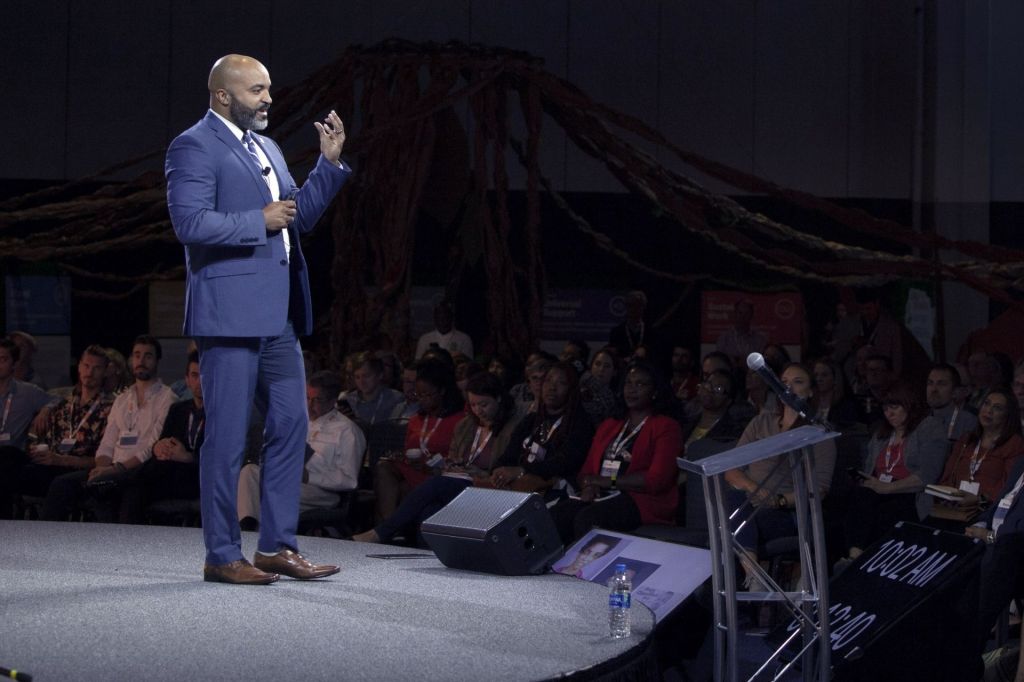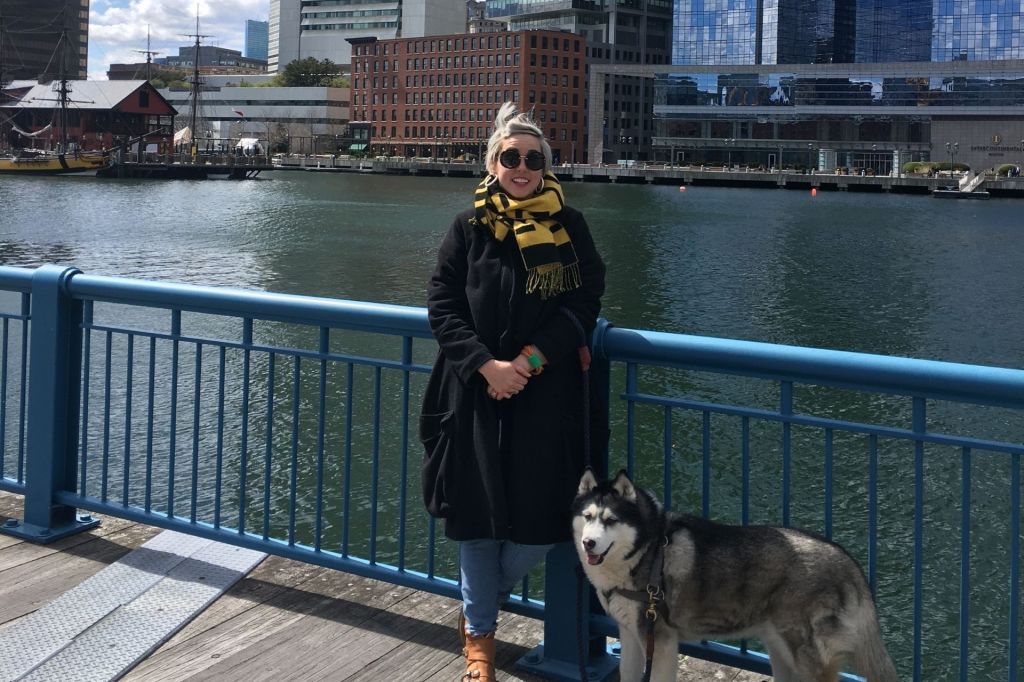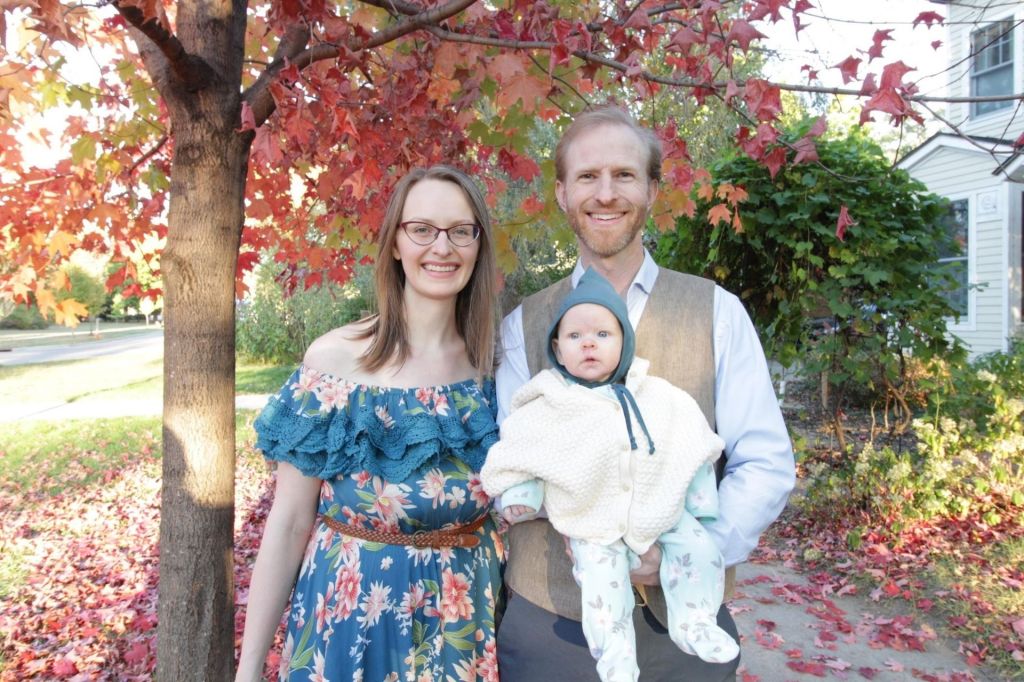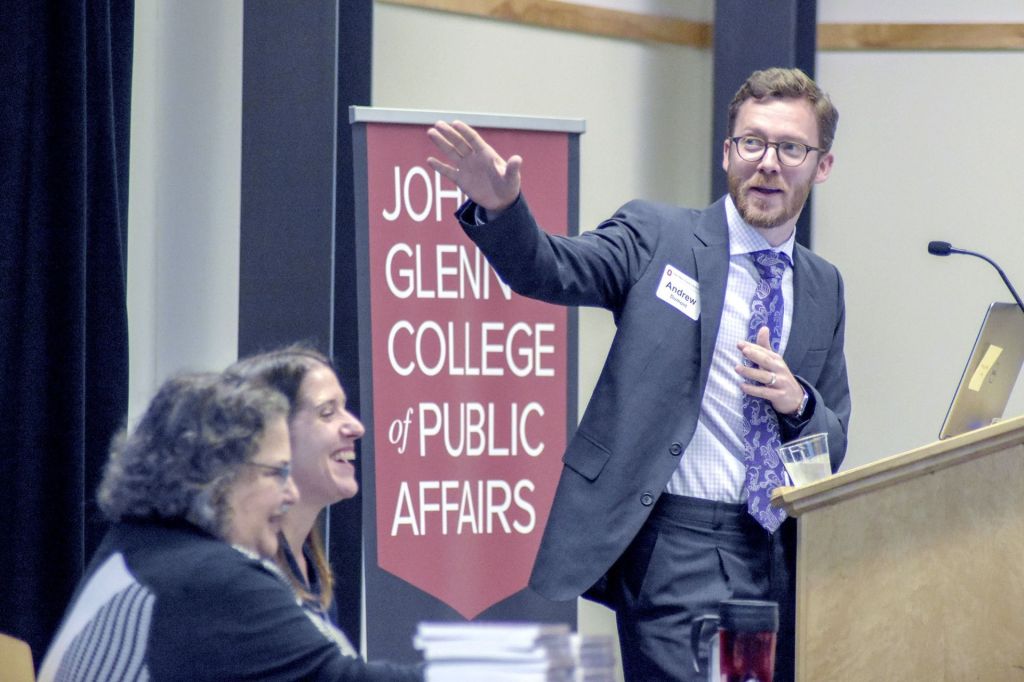


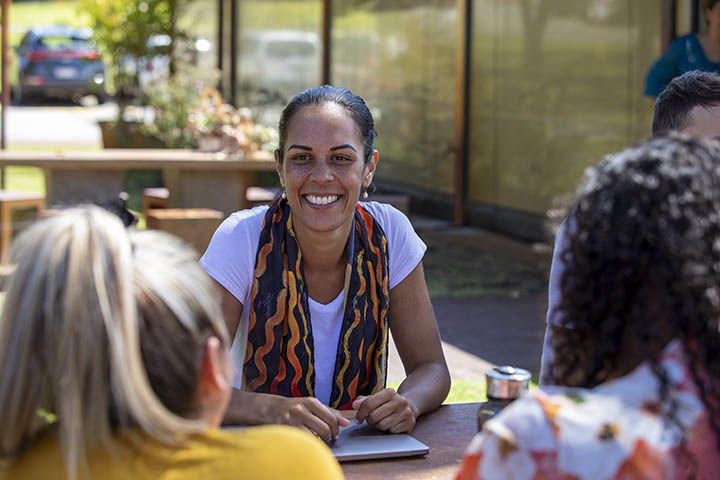
Inspire
Working toward a more equitable economy takes skill, empathy, time, and a lot of heart. Here, members of the Fed’s Community Development team share what inspires and motivates them.
-
There is a lot of talent in underserved communities and it’s important to provide them a seat at the table. We can’t undervalue or overlook their experiences.Read more: Javier Silva elevates the perspectives of Spanish-speaking communities around climate resilience and health economic outcomes
-
A priority that drives my work is to amplify people’s voices – not to be their voice.Read more: A rural foundation for success in community conversation
-
We facilitate connections between data and analysis, as well as the relationships within communities.Read more: Nishesh Chalise connects research and community perspectives through equity work
-
It’s important to have people with a passion for community development serving on the CRA exam side so we can help banks think about how their activities can be more impactful.Read more: Bank examiner Jessica LeVeen Farr bridges community development and regulatory worlds
-
In the future, I hope I can continue to serve our communities and the public and improve outcomes on a bigger scale by making a difference in our region.Read more: Collaboration and service motivate Jane Santa Cruz’s community development work
-
I work to identify the economic barriers to community resilience and create solutions to meet the needs of low-wealth and underserved throughout the Southeast.Read more: Dr. Dontá Council brings awareness to disaster impacts in under-resourced communities
-
There is a reason the Fed does this work. The reason we talk about economic mobility is because it’s important for economic growth. And it’s really important for good, inclusive, and resilient economies.Read more: For Ashley Putnam, creating change starts with listening to the voices in the community
-
I think that community development is a process of reclaiming our own narrative and our stories. It’s not something out of reach for my relatives in Indian Country – to be able to support economic development and use tribal governance and sovereignty of tribal nations to chart our own economic prosperity and future.Read more: Heather Sobrepena honors ancestry, people, and places in her Indian Country work
-
I’m trying to better understand which low- and moderate-income populations are in a more stable situation and how they got there. What can we do to expand those types of opportunities?Read more: Natural curiosity has always kept Steven Howland focused on ‘community’
-
I’m always learning. The diversity of our District at the New York Fed, coupled with the diversity of the topics, keeps the work fresh.Read more: Tony Davis emphasizes the health benefits of improving people’s environments
-
We ‘set the table’ in our communities by focusing on how we can create a safe and neutral environment where people feel included to discuss issues that affect them.Read more: Through community engagement, Tracy Choi makes space at the table for others
-
I am motivated by the untapped potential of people in our communities and the heroic efforts of individuals and organizations to unlock that potential.Read more: Mike Eggleston bridges communities through collaborative research, partnership building
-
I focus most on how we can build on or add to research practices where we make sure to get how the economy is playing out in people’s everyday lives.Read more: Julie Siwicki works to raise communities’ voices in Fed research
-
Coming to the Fed was an opportunity to translate research and make language accessible so practitioners could understand and run with it.Read more: Gar Kelley uses faith and experience to influence economic potential in underserved communities
-
I love that I get to meet individuals who are passionate about helping their communities. It energizes me to watch and experience the good happening in our world.Read more: Forging cross-sector partnerships, Marycruz De León helps improve education and workforce outcomes, and promotes digital inclusion
-
I was thrilled to find that my love for data, statistics, and social sciences could be combined in a way that had a social impact.Read more: Alaina Barca uses research to highlight economic opportunities
-
Through my professional experiences, it has become clear just how important it is to share the voices of real people with policy makers to help inform their decision-making.Read more: A business approach drives Charly van Dijk’s professional work
-
Partnerships can make credit more accessible and, in turn, small businesses—and the families and communities they support—more successful.Read more: With outreach and data, Maria Thompson builds bridges between small business owners and lenders
-
We want our work to help tear down systemic barriers that have disproportionally affected Indian people, who are often invisible to the larger population.Read more: Casey Lozar works to be a resource for the Native American community
-
We needed a regional strategy to strengthen our community development work, rather than everyone working in our own siloed spaces.Read more: Neelu Panth finds common challenges among communities and entrepreneurs across the globe
-
People don’t see each other as rivals. They are people working to serve the families in their communities, and they want to know what the Fed can do to help them.Read more: Samantha Evans brings the Fed’s community development expertise home to Toad Suck, Arkansas
-
I really wanted to get more experience on the ground, working directly with people and understanding and supporting the goals they’re looking to achieve.Read more: Unexpected lessons from a world away helped New York native Edison Reyes find his calling
-
It really is humbling to hear how people are trying to help one another.Read more: With a foundation of housing expertise, Bonnie Blankenship builds impactful relationships across Ohio and Kentucky
-
In either data analytics or journalism, we’re trying to tell a story.Read more: Regardless of the medium, supporting small businesses is Lucas Misera’s business
-
Being neighbors means knowing you are valued, in whatever forms that takes.Read more: A children’s icon informs Vijay Palaparty’s sense of community
-
It’s like we have two Bay Areas: one where people have opportunities, and one where people are working hard to get ahead, but economic, social, and educational systems are failing them.Read more: Through research, Bina Shrimali strives to understand and right factors that hold people back
-
Academically, I was in the top 10 percent of African American students in the nation. Not one time was I told anything about owning a business, owning a house, owning stock.Read more: Dell Gines helps communities build support systems for entreprenurs and small businesses owned by people of color
-
We couldn’t control what the government was doing to us, but we can control how we treat each other.Read more: Marija Bingulac’s commitment to overturning inequities is bound(ary)less
-
Turning our backs on young children costs a lot. If we invest in those resources early, there’s a strong public return.Read more: Preschool as economic development? Researcher Rob Grunewald shows how and why it makes sense
-
Shining a light on inequities that prevent people from reaching their full potential—I feel blessed that I get to do that every day.Read more: Andrew Dumont uses numbers to help rural communities bear fruit






